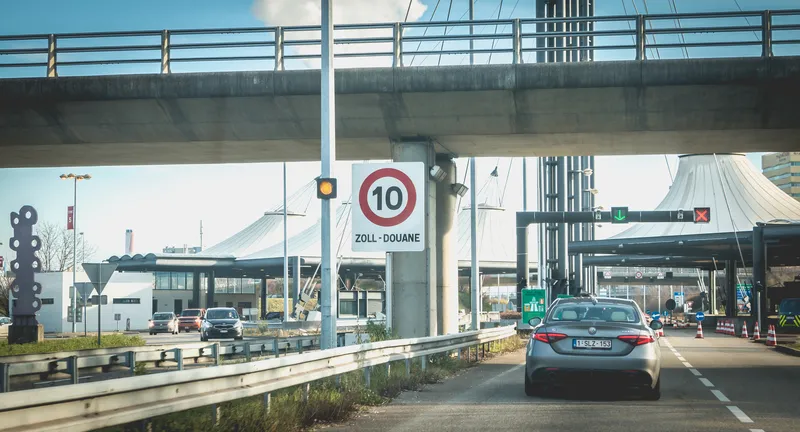The controversial ecotax on heavy goods vehicles that sparked protests across France last year has been consigned to the scrapheap, according to a report in French newspaper The Connexion.
Prime Minister Manuel Valls has confirmed that the government will roll out a new system of road tolls on trucks using roads with particularly heavy freight traffic. The charge will be imposed on vehicles weighing more than 3.5 tonnes using 4,000 kilometres of roads that carry more than 2,500 heavy goods vehicles a day
June 24, 2014
Read time: 2 mins
The controversial ecotax on heavy goods vehicles that sparked protests across France last year has been consigned to the scrapheap, according to a report in French newspaper The Connexion.
Prime Minister Manuel Valls has confirmed that the government will roll out a new system of road tolls on trucks using roads with particularly heavy freight traffic. The charge will be imposed on vehicles weighing more than 3.5 tonnes using 4,000 kilometres of roads that carry more than 2,500 heavy goods vehicles a day. Agricultural vehicles and milk lorries will be exempted from the toll, which is set to come into force next year.
The measures, will generate about US$749 million a year, about half of the projected revenue from the ecotax on heavy freight vehicles, which was to have taken effect on 1 January but was delayed indefinitely following protests. Former Prime Minister Jean-Marc Ayrault was forced to suspend that scheme after demonstrators took to the streets and drivers blocked roads across the country, saying it would hit business.
The news tolls will be introduced at the start of next year after three months of testing, officials said.
Ecology Minister Ségolène Royal is expected to officially unveil plans for the new toll later this week.
Prime Minister Manuel Valls has confirmed that the government will roll out a new system of road tolls on trucks using roads with particularly heavy freight traffic. The charge will be imposed on vehicles weighing more than 3.5 tonnes using 4,000 kilometres of roads that carry more than 2,500 heavy goods vehicles a day. Agricultural vehicles and milk lorries will be exempted from the toll, which is set to come into force next year.
The measures, will generate about US$749 million a year, about half of the projected revenue from the ecotax on heavy freight vehicles, which was to have taken effect on 1 January but was delayed indefinitely following protests. Former Prime Minister Jean-Marc Ayrault was forced to suspend that scheme after demonstrators took to the streets and drivers blocked roads across the country, saying it would hit business.
The news tolls will be introduced at the start of next year after three months of testing, officials said.
Ecology Minister Ségolène Royal is expected to officially unveil plans for the new toll later this week.










